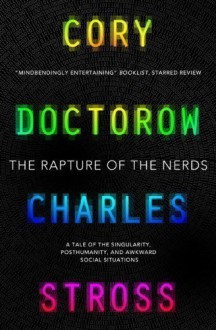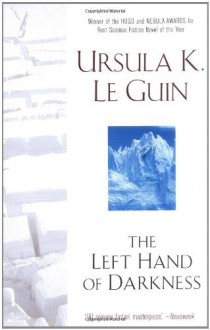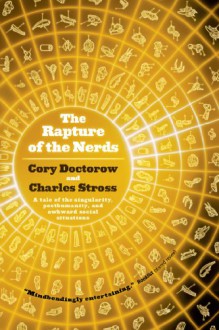Sehr schöner Artikel im Smithsonian über die Effekte von SciFi auf unsere Welt. Ursula K. Le Guin sagt beispielsweise:
“The future is a safe, sterile laboratory for trying out ideas in,” she tells Smithsonian, “a means of thinking about reality, a method.”
Le Guin schrieb The Left Hand of Darkness, das ich kürzlich las, und das ist auch so ein Laboratorium für eine geschlechtslose Gesellschaft (die meisten Personen in dem Buch sind bis auf wenige Tage pro Monat geschlechtslos).
Cory Doctorow, Co-Autor von Rapture of the Nerd (auch kürzlich gelesen), sagt:
“I’ve been in engineering discussions in which the argument turned on what it would be like to use the product, and fiction can be a way of getting at that experience.”
Neal Stephenson, Autor des Barock-Zyklus oder von Cryptonomicon oder Cobweb, findet aber, dass wir genügend dystopische Blicke auf unsere Zukunft geworfen haben. Er will, dass wir lieber wieder mehr optimistisch in die Zukunft sehen. Ob ich das nach Piketty noch kann, bezweifle ich aber. Ein Grund ist vielleicht, dass Fortschritte in künstlicher Intelligenz nicht ganz so sichtbar sind wie große Brücken oder Häuser:
“Techno-optimists have gone from thinking that cheap nuclear power would solve all our problems to thinking that unlimited computing power will solve all our problems,” says Ted Chiang, who has explored the nature of intelligence in works such as The Lifecycle of Software Objects. “But fiction about incredibly powerful computers doesn’t inspire people the same way that fiction about large-scale engineering did, because achievements in computing are both more abstract and more mundane.”
>> How America's leading Science Fiction authors are shaping your future


 Log in with Facebook
Log in with Facebook 










